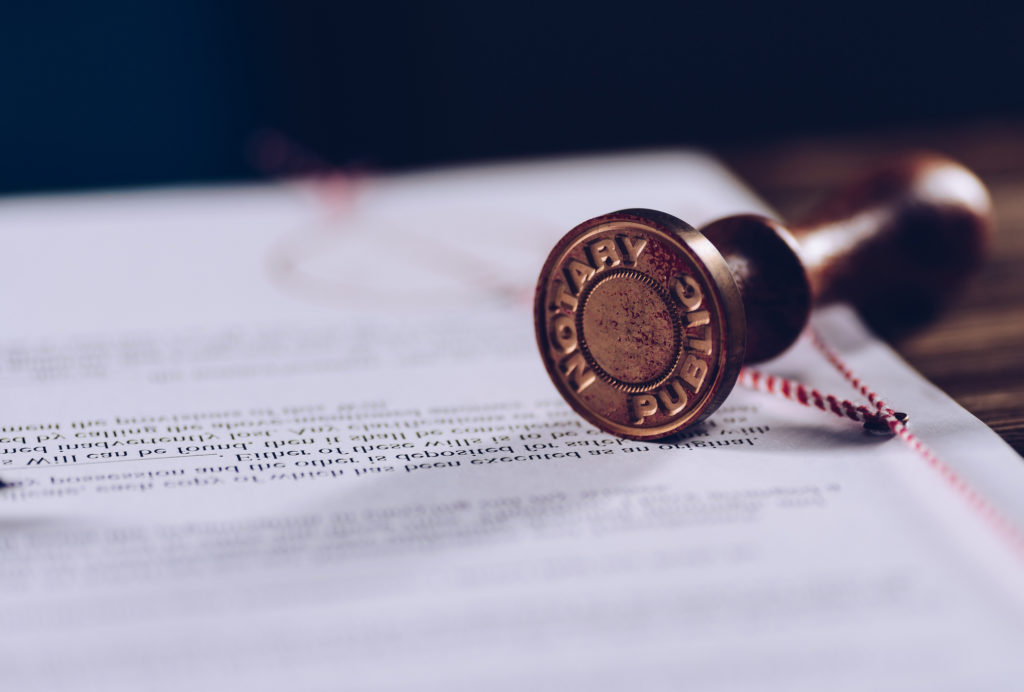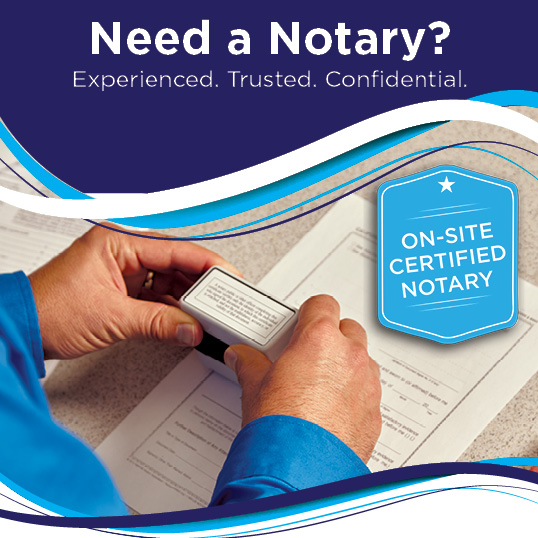Deceased Estate Administration: Taking Care Of Possessions and Affairs After Passing
Wiki Article
Demystifying Notarial Work: Streamlining the Duty and Relevance of Notaries
In the detailed internet of lawful paperwork and verification, notaries stand as columns of assurance and authenticity. Their duty, typically shrouded in secret for many, carries substantial weight in making sure the legitimacy and stability of critical records. As guardians of validity and fact, notaries play a critical part in our society, yet their job is not always totally recognized. By unwinding the complexities shedding and bordering notarial techniques light on the relevance of their acts, a clearer understanding emerges of the important function notaries play in supporting the material of contractual and legal arrangements.The Background of Notarial Work
Just how did notarial work develop over time to become an integral part of legal and business deals? The history of notarial job go back to ancient civilizations, where scribes played an important role in tape-recording vital information and verifying records. As societies proceeded, the requirement for a more formalized system to make certain the validity of arrangements occurred. This caused the growth of notaries, people assigned by the state to act as impartial witnesses in lawful matters.
During the Center Ages, notaries got prestige in Europe, with their functions broadening to consist of composing legal files, certifying trademarks, and protecting records. The surge of worldwide profession better highlighted the significance of notarial operate in confirming agreements and arrangements throughout boundaries.
In the contemporary period, notaries remain to play a vital function in legal and organization purchases by confirming identifications, validating the authenticity of papers, and avoiding fraud. Their role in accrediting the validity of contracts adds a layer of protection and depend the ever-evolving landscape of commerce and regulation.

Duties and Responsibilities of Notaries
Notaries play an essential function in verifying the credibility of papers and the identification of notaries. One of their key obligations is to witness the finalizing of vital files, such as wills, acts, and contracts, to make certain that all events are getting in right into contracts intentionally and willingly.They accredit copies of initial records, supplying guarantee to establishments that the duplicates are true replicas of the originals. Generally, the duties and responsibilities of notaries are essential in guarding the honesty and legality of numerous files and purchases - Deceased Estate.
Notarial Certificates and Signatures
Exhibiting careful focus to detail, notarial certifications and trademarks function as important components in confirming the credibility of lawful documents. Notarial certifications usually contain vital info such as the day click to read of registration, the names of the notaries, a description of the document, and the notary's main seal. These certificates provide a clear document of the notarial act, making certain that the paper can be quickly identified and mapped back to the notary who managed the process.Trademarks play a pivotal function in notarial work, as they indicate the agreement and approval of the celebrations involved. Notaries thoroughly witness the finalizing of papers to confirm the identification of the signatories and verify that they are signing of their own free choice. By fastening their official seal and trademark to the file, notaries license that the required treatments have been complied with and that the record is enforceable and valid.
Basically, notarial certificates and trademarks are the trademark of authenticity in legal transactions, giving assurance to all events involved that the records are legitimate and binding.
Relevance of Notarial Acts

Notarization Process Explained
The notarization process usually starts with the private offering go now the document to a notary public. As soon as the identity is confirmed, the browse around this web-site notary makes certain that the specific signing the record does so willingly and without any browbeating.Verdict

Notarial certifications commonly consist of important information such as the date of registration, the names of the notaries, a summary of the file, and the notary's main seal. These certifications provide a clear record of the notarial act, ensuring that the record can be quickly identified and mapped back to the notary who managed the procedure.
By attaching their main seal and trademark to the record, notaries license that the required treatments have actually been adhered to and that the record is legitimate and enforceable.
By validating the identity of the signatories, verifying their readiness to enter into the agreement, and certifying the day and area of the finalizing, notaries play a vital role in supporting the legitimacy of legal papers.After the paper is authorized, the notary will affix their official seal or stamp onto the record.
Report this wiki page